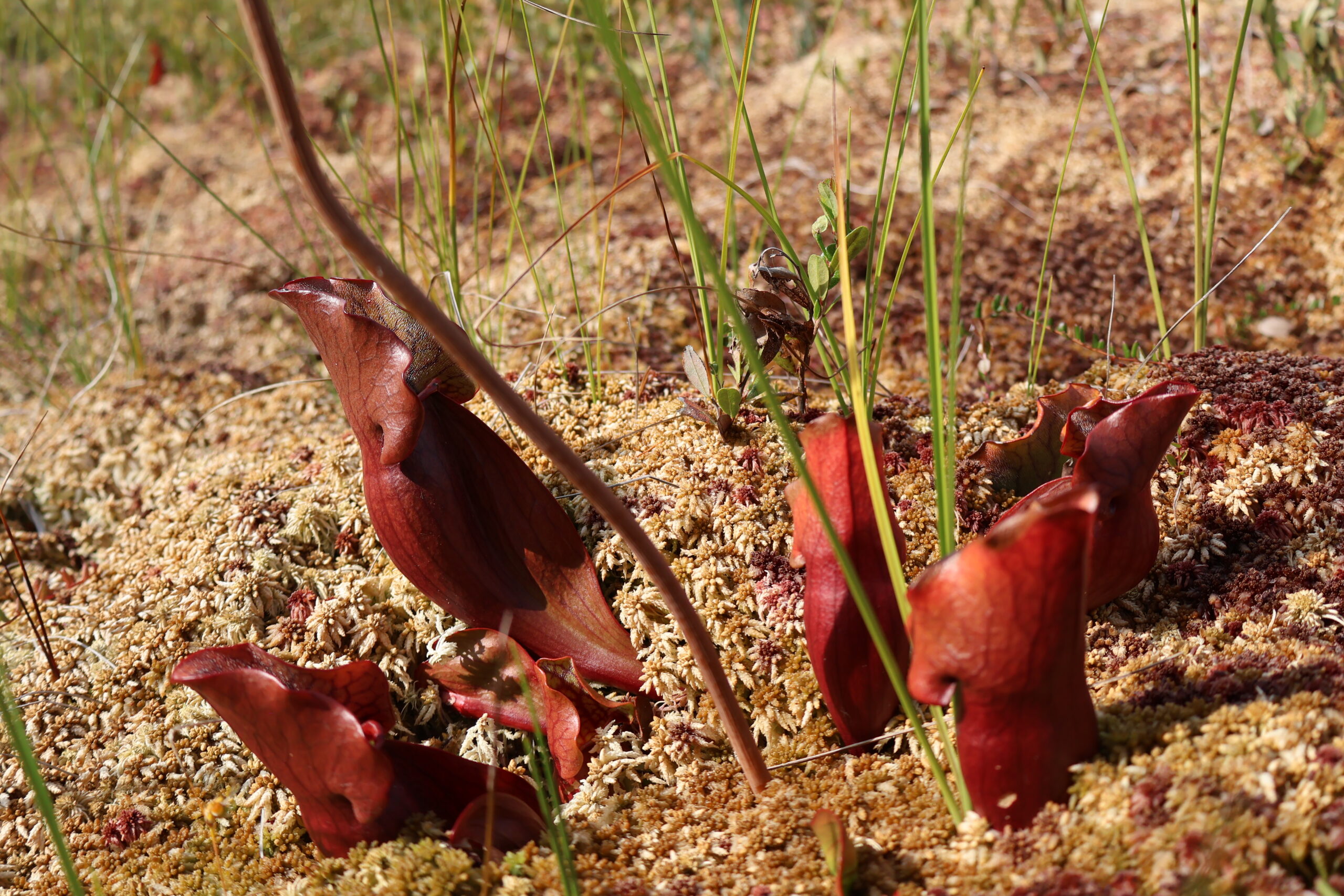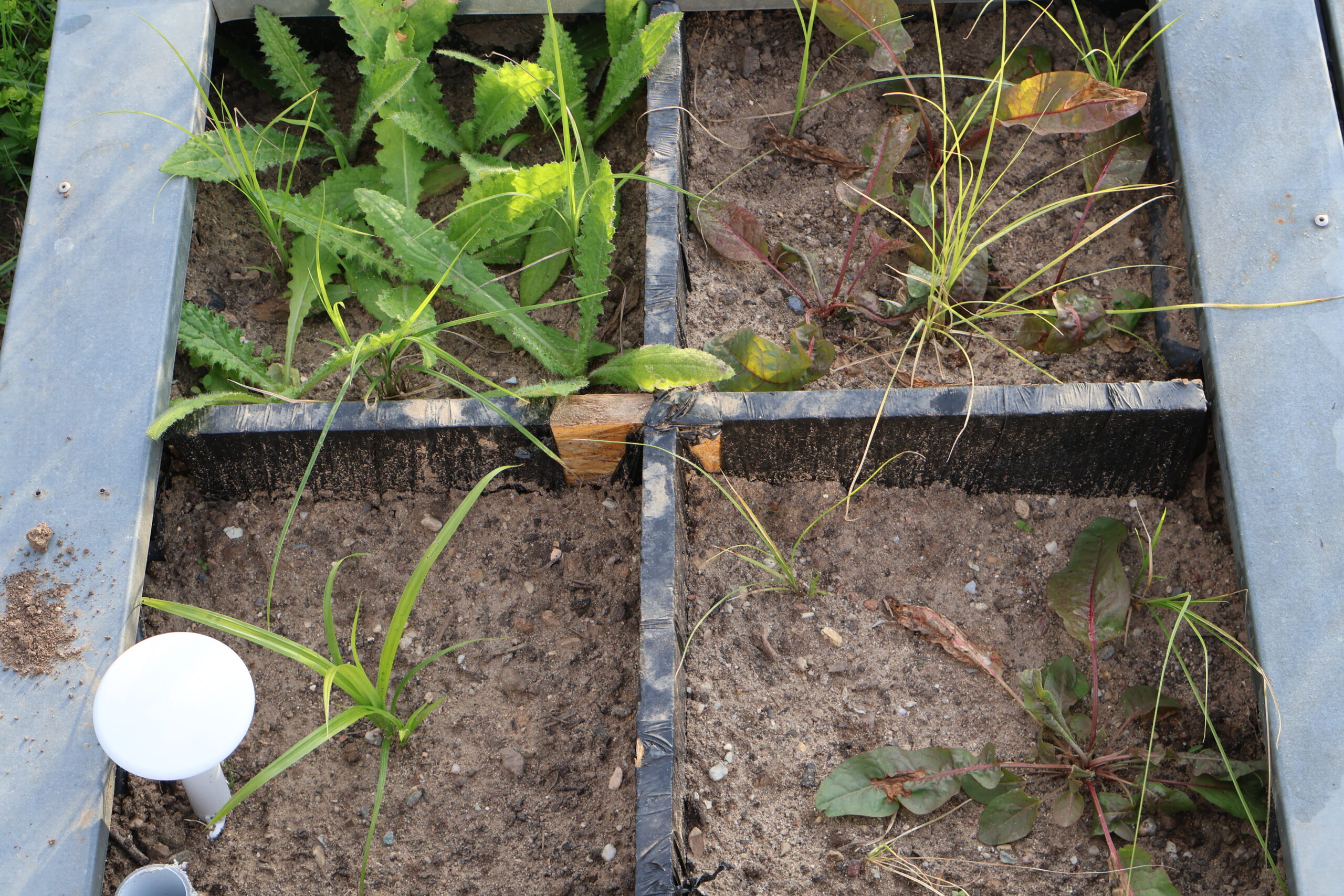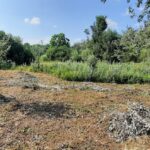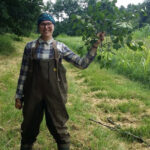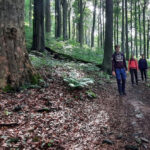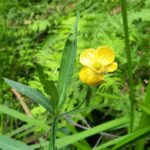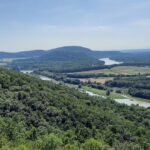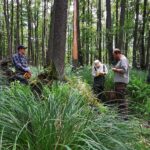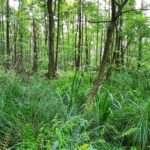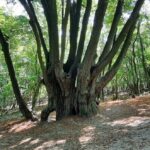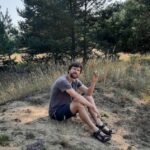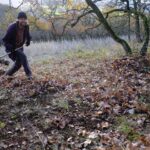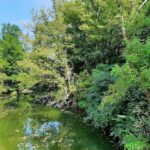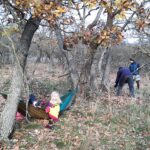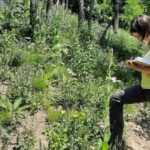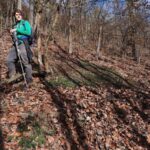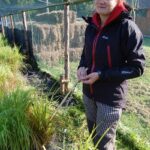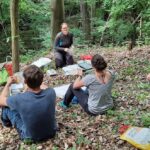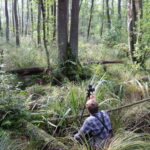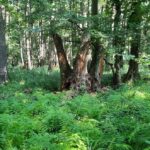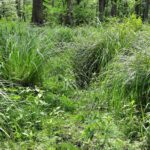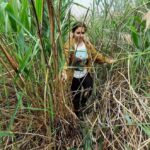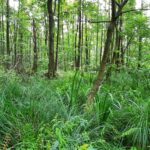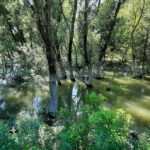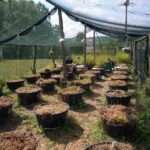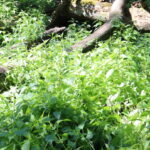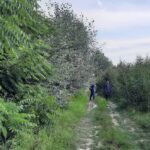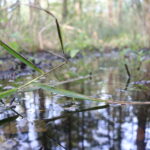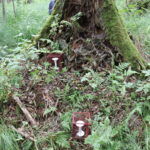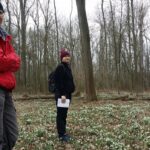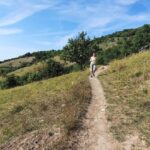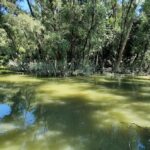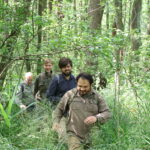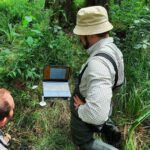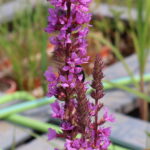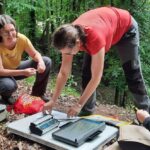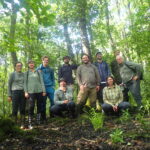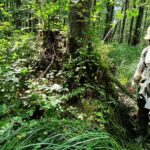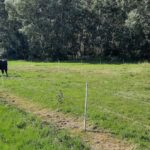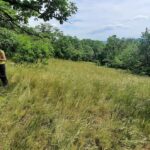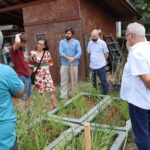About us & Gallery
We are a team of ecologists from Czech University of Life Sciences focused on various aspects of plant communities. We are particularly interested in processes driving plant species coexistence and diversity. We use different methodological approaches involving resurvey vegetation, manipulative experiments, and functional trait approach. Our broad topic of interest involves communities of European lowland forests (mainly alder carrs, floodplain forests, but also xerothermic oak forests). See brief description of our work below or here.
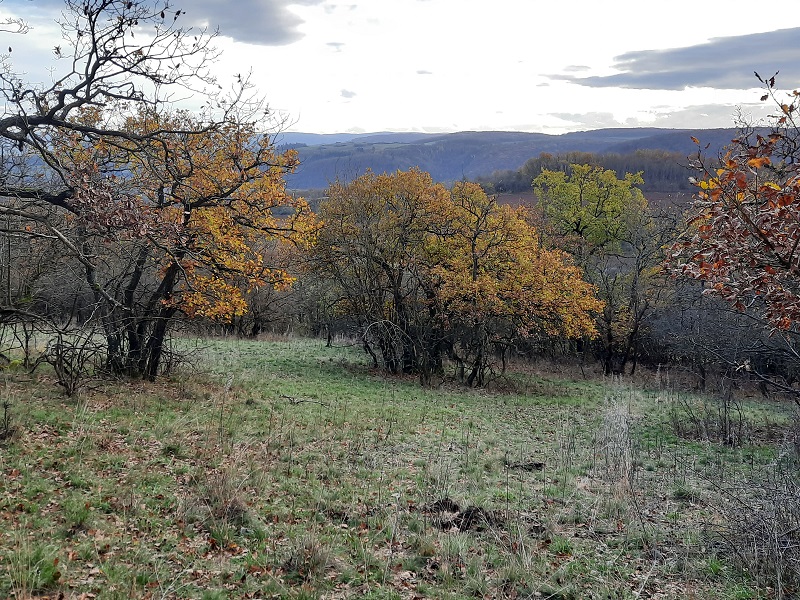
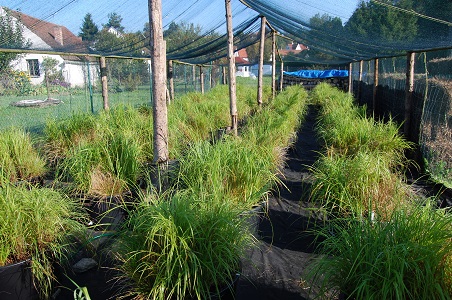
We mainly focus on species coexistence mechanisms, and our favourite study system is wetlands. They are typically dominated by one or few plant species. We are fascinated by processes that influence the coexistence of species in these highly eutrophic habitats. If you want to know more detailed info, you can click here.
European floodplain forests are biodiversity hot-spots, which have been greatly affected in recent years by stream regulation and the abandonment of traditional forest practices. We are currently monitoring vegetation changes that have taken place over the last 50 years.

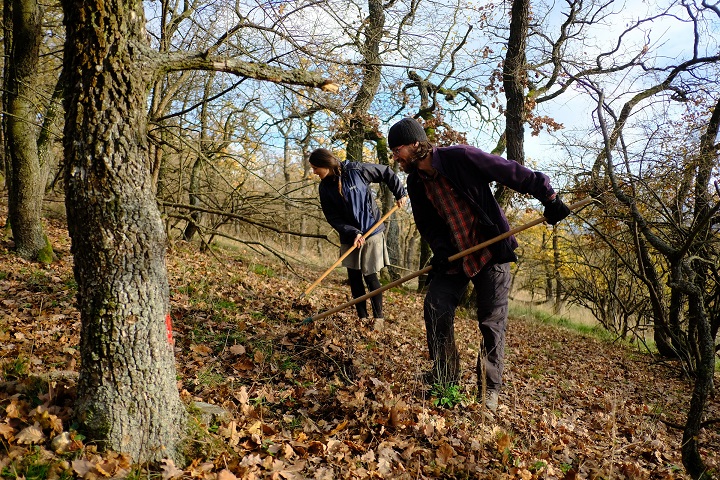
European lowland temperate forests have undergone great changes in the past as a result of the abandonment of traditional forms of practices such as grazing, coppicing and litter raking. At the same time, they are endangered by the current climate change and the associated tree dieback, which can potentially cause a nutrient release and subsequent loss of diversity. We are interested whether a return to these practices can prevent the loss of biodiversity (read more on our results here). We currently have a running project that should promote these practices among stakeholders and spread awareness among the public.

